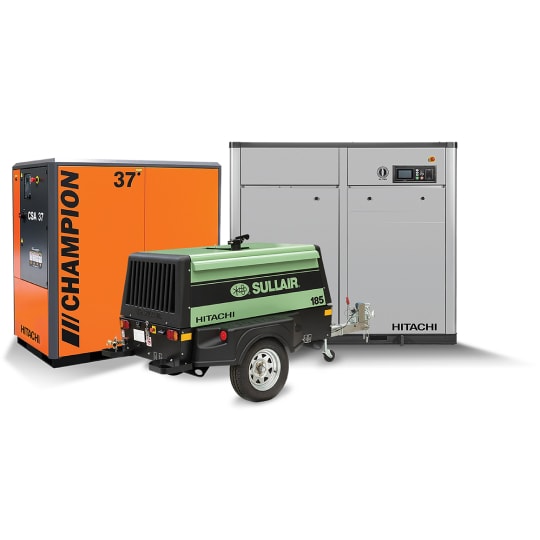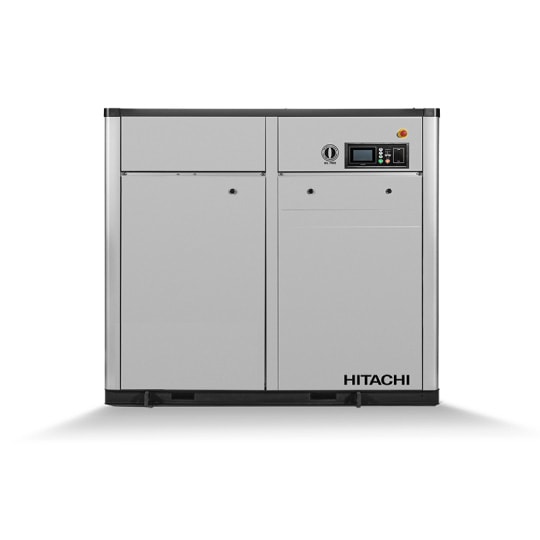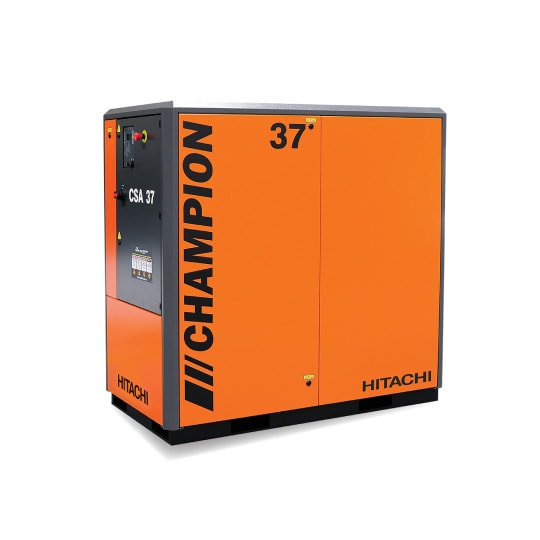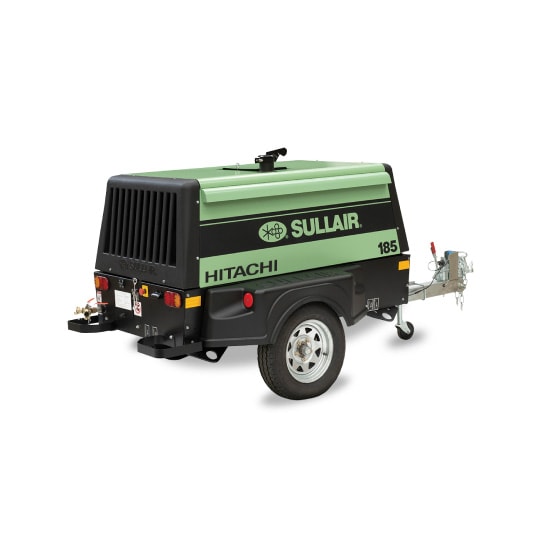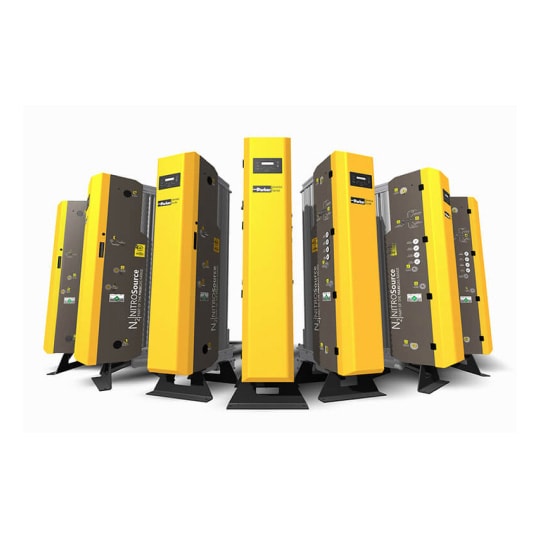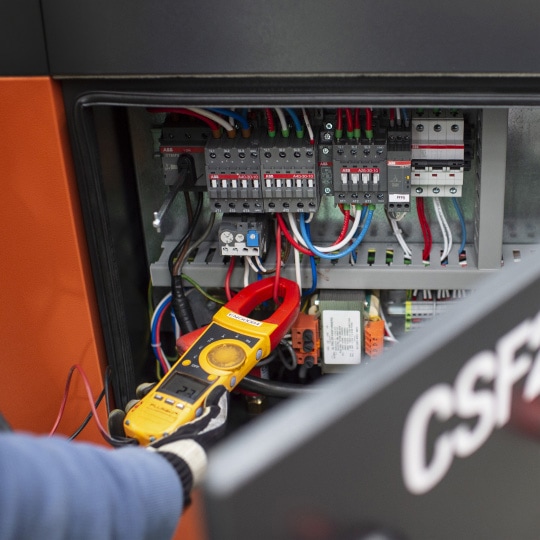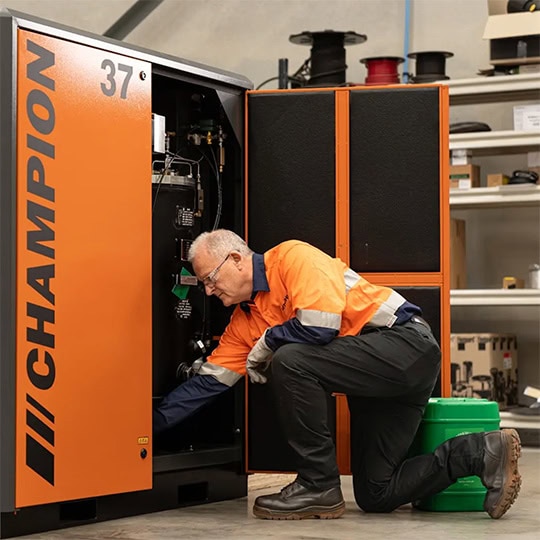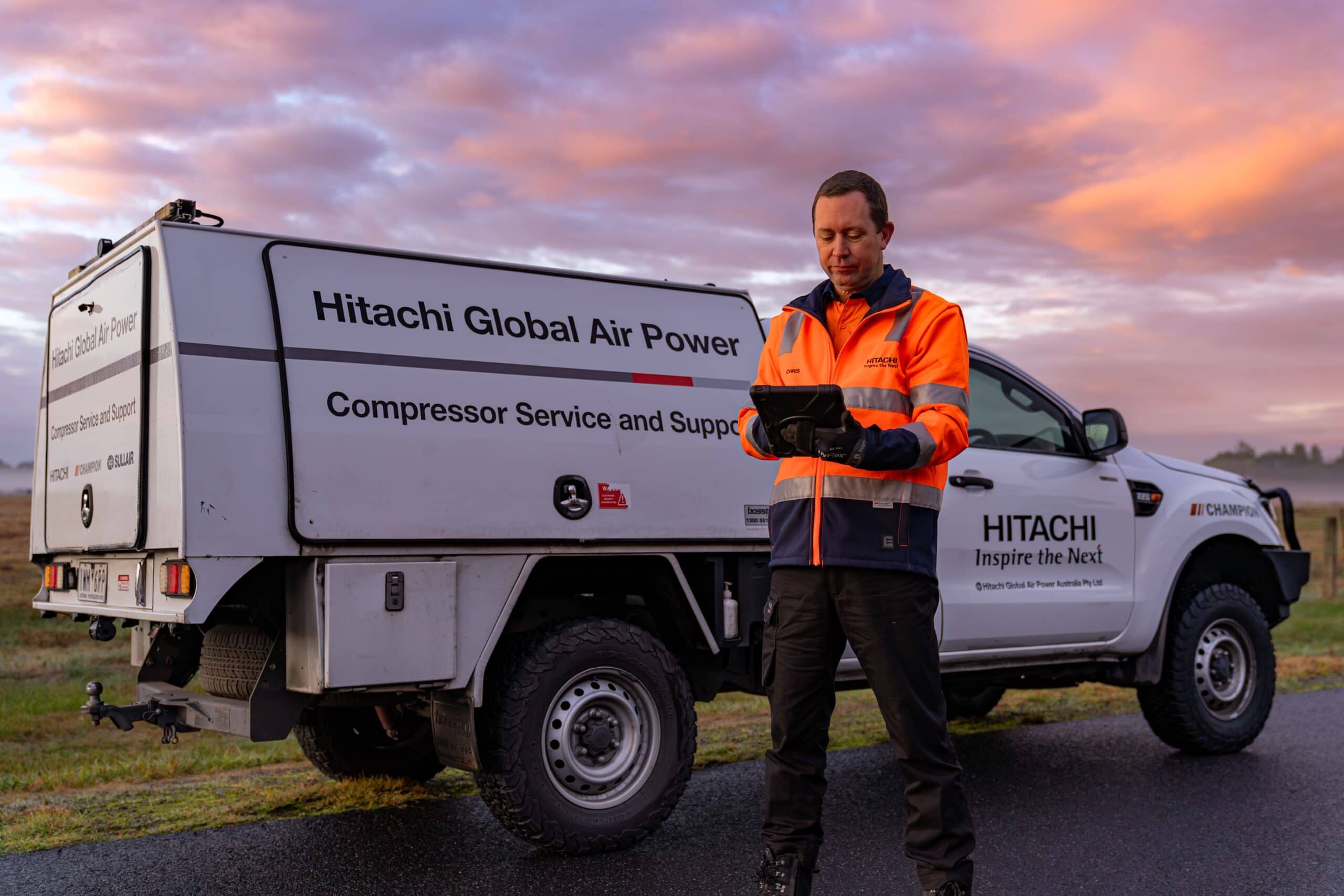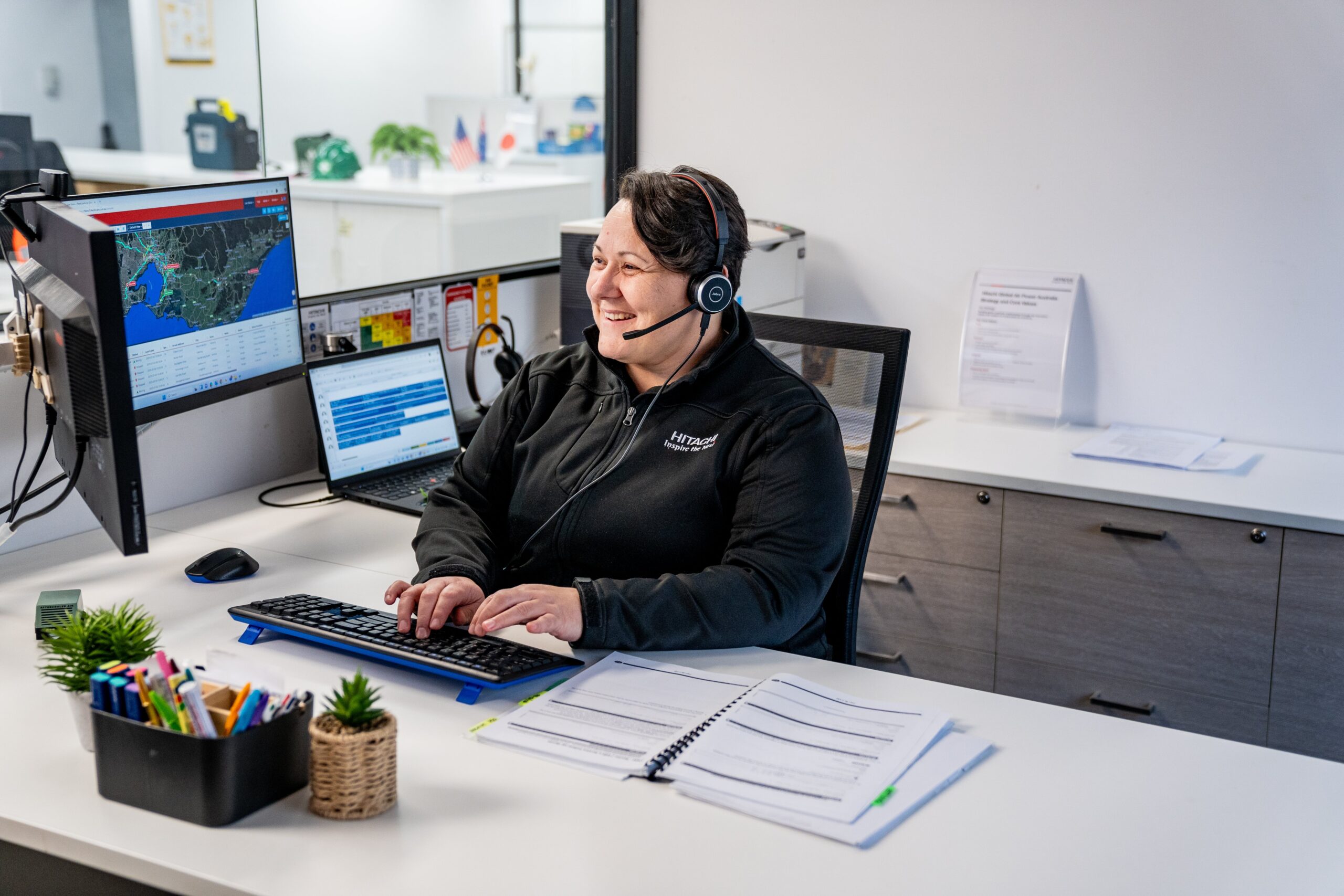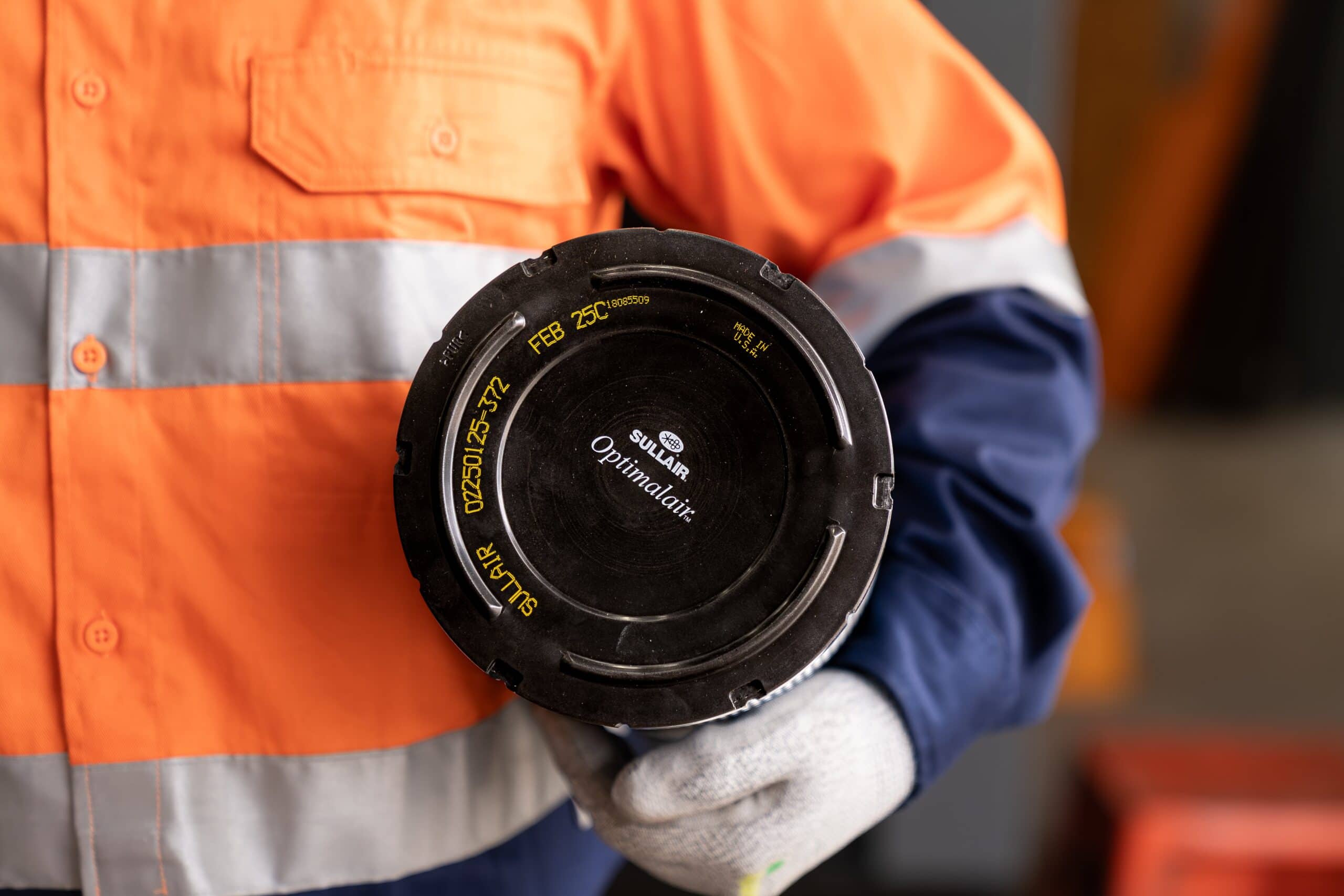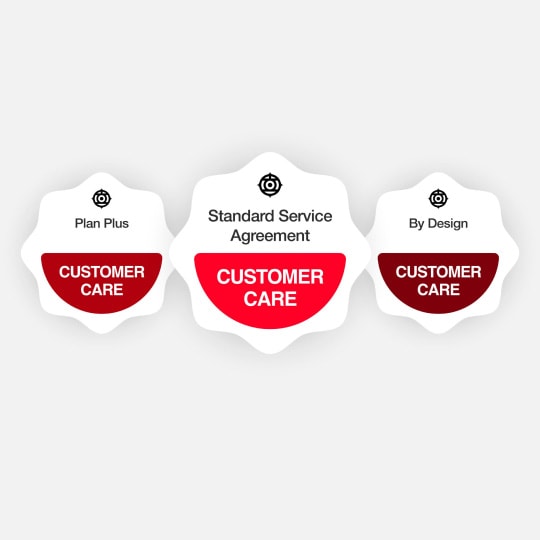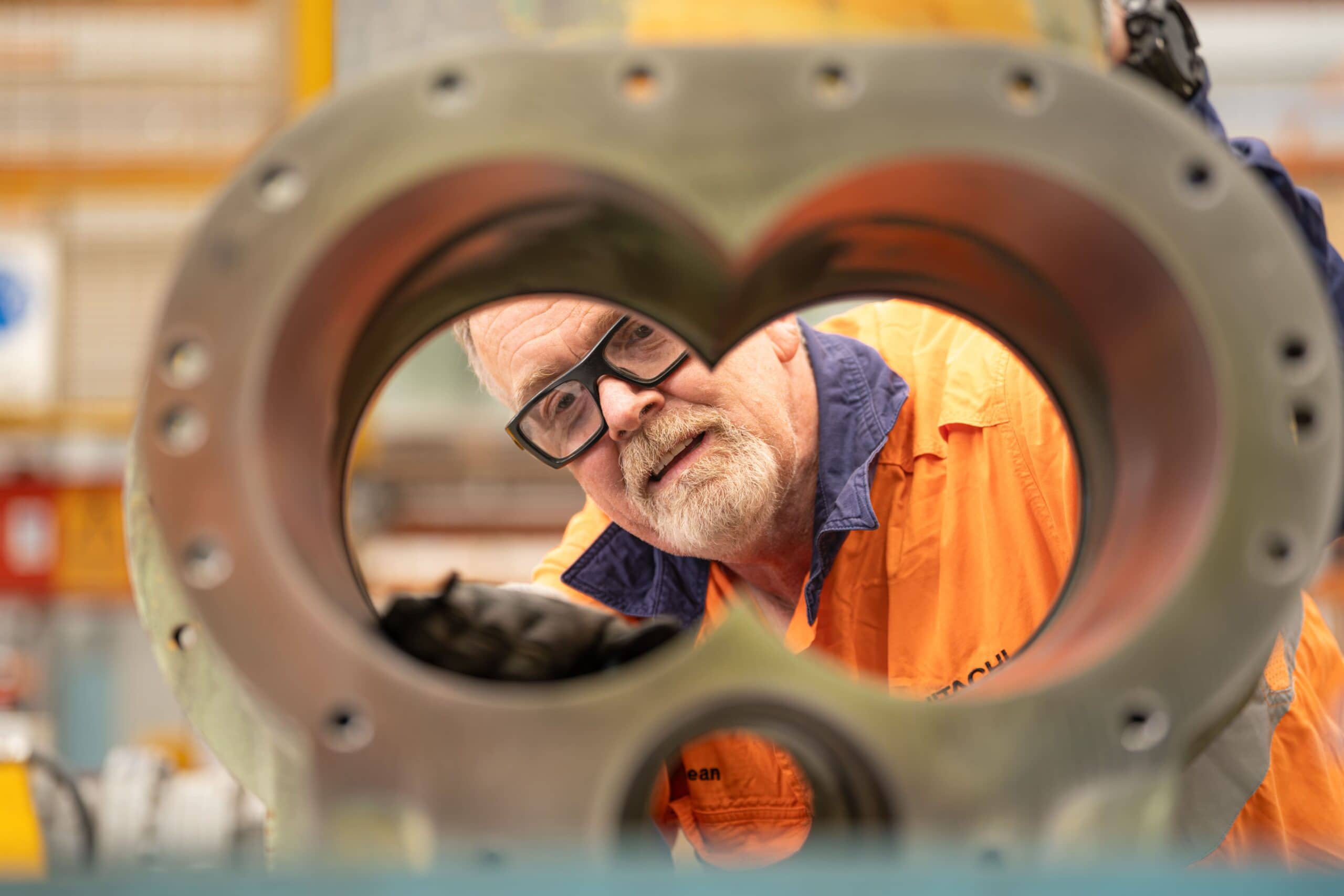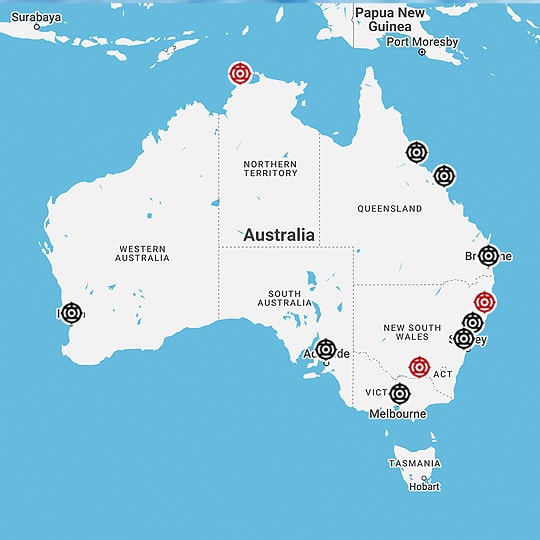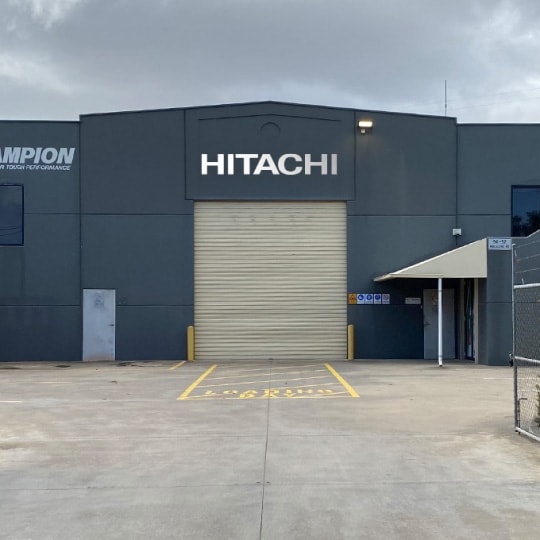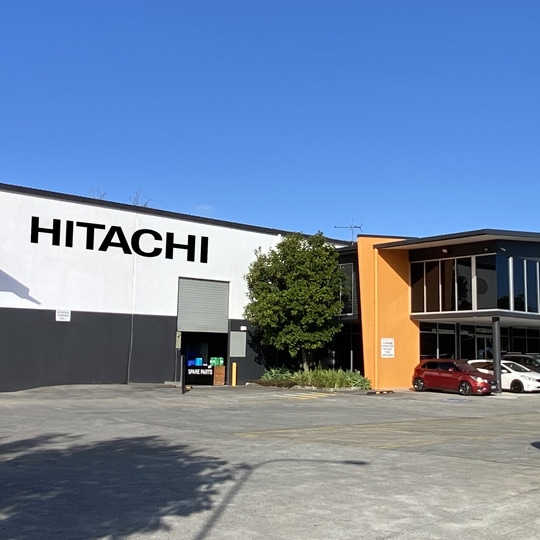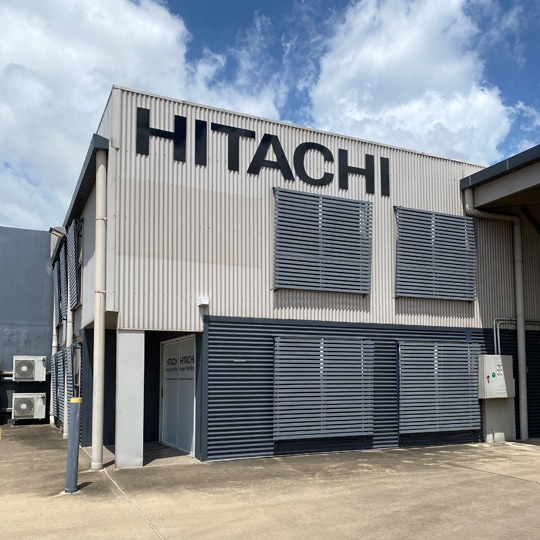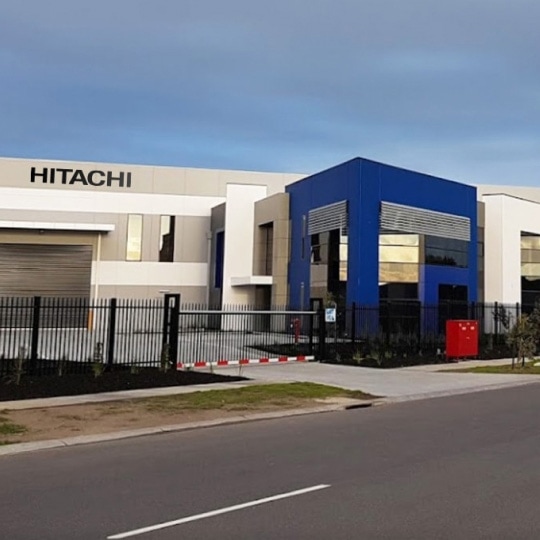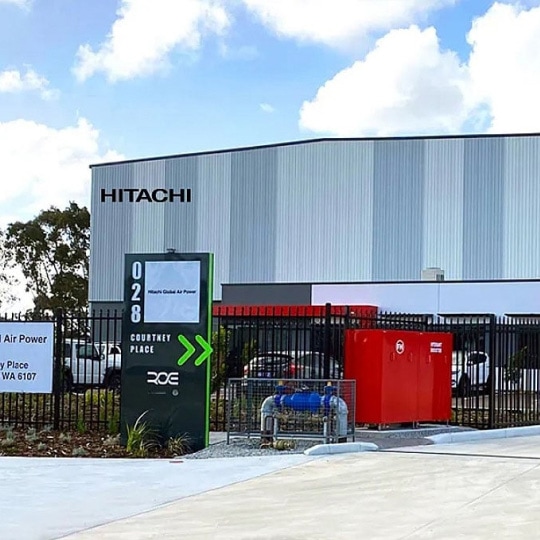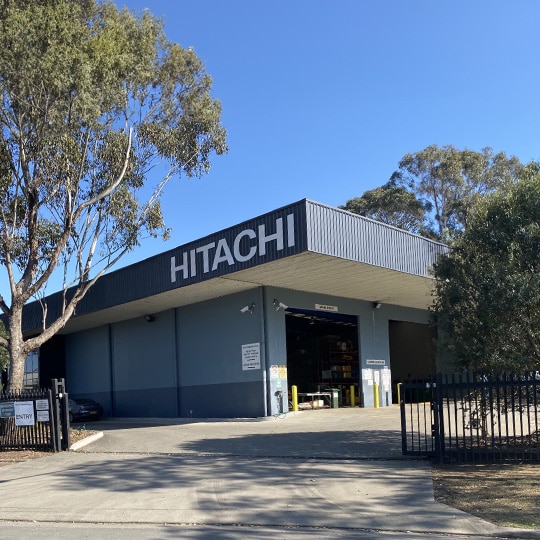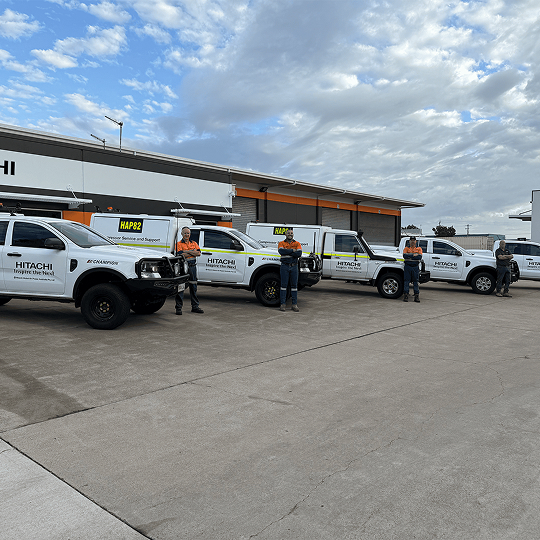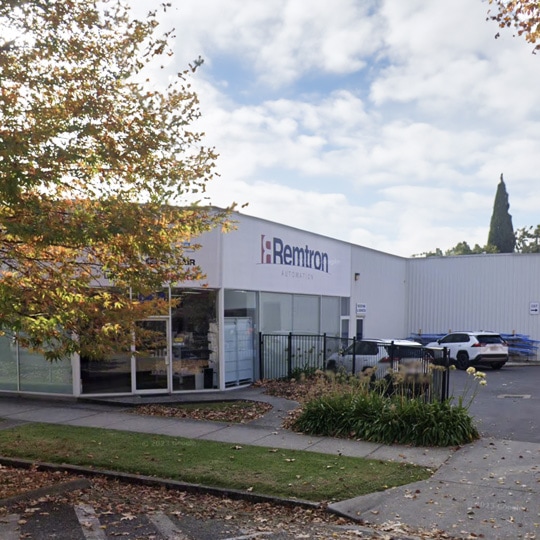The Right Part, Every Time
Whether you’re maintaining a Hitachi, Sullair, Champion – or compressors of any other make or model -we’re here to help. We support you in all your compressor spare part needs, ensuring you get the right fit for your equipment and operation.
When it comes to Hitachi, Sullair, and Champion compressors, our genuine parts are purpose-built to deliver peak performance, protect your investment, and preserve system integrity. Don’t risk downtime or damage with substitutes – trust the parts designed to do the job right.
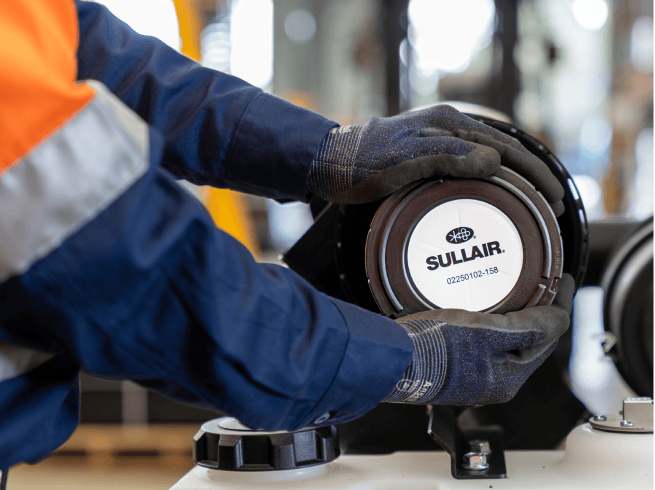
Genuine air compressor spare parts
Ensure optimal performance and longevity with parts designed specifically for your Hitachi, Champion or Sullair equipment.
Parts kits
Convenient, pre-packaged kits for routine maintenance – streamlining your service process. Customisable to suit your specific equipment and operational needs.
Critical spare part kits
Be prepared for the unexpected. Our kits include essential components bundled together to support urgent repairs and unexpected maintenance. Keeping them on hand helps minimise downtime during critical operations and ensures your compressor stays up and running.
Local parts availability
Branches nationwide stocked with genuine spare parts – ready when you need them.
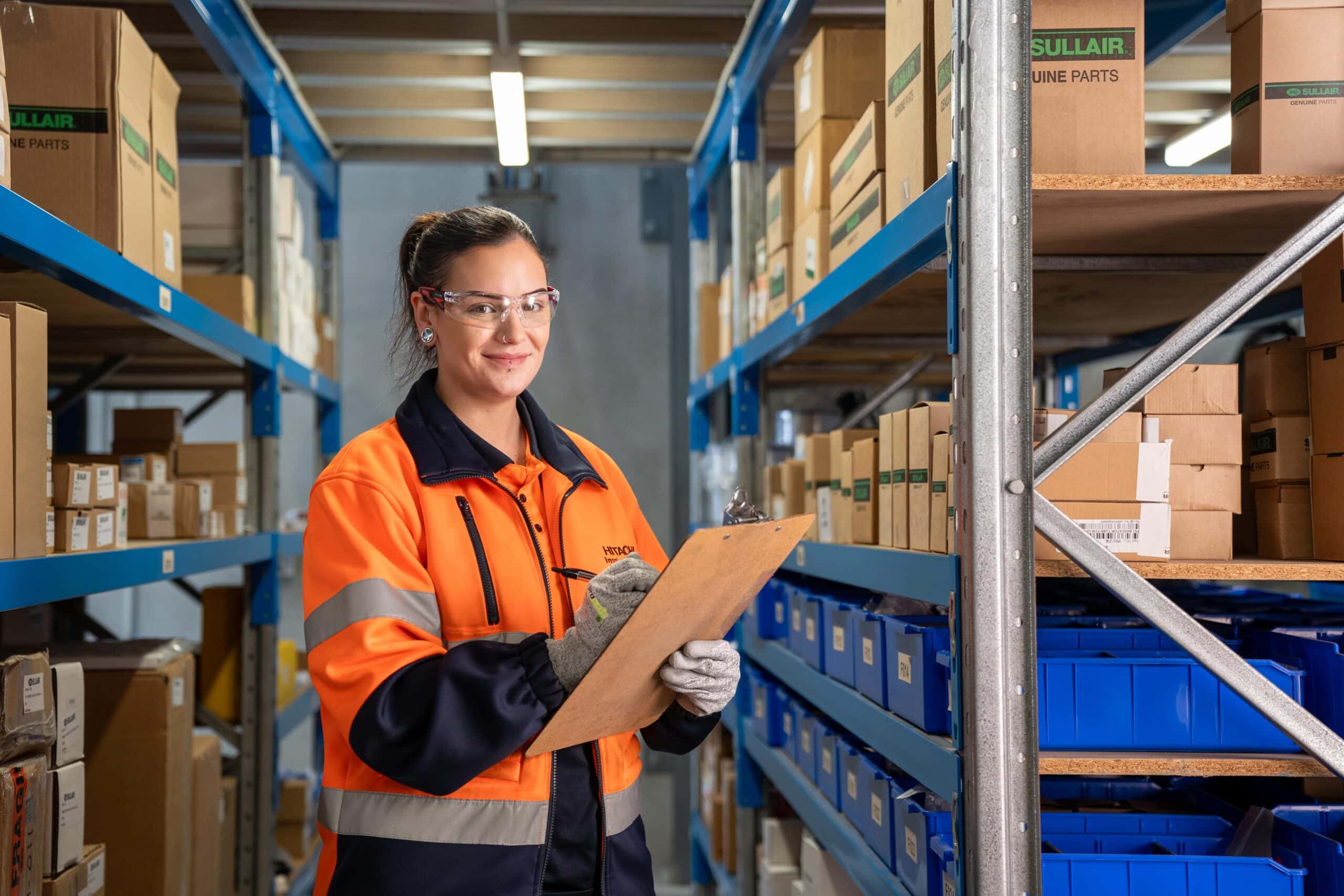
Reliable Compressor Support, Nationwide
With locally held stock and a national network of expert spare parts coordinators and support teams across Australia, Hitachi Global Air Power ensures you get the right part, backed by the right people – ready to help you minimise downtime and keep your operations running – no matter what compressor you use.
Why Choose Hitachi, Sullair and Champion Genuine Air Compressor Parts?
Not all parts are created equal. Genuine Hitachi, Champion, and Sullair components are engineered to:
- Maximise performance and efficiency
- Extend equipment life
- Maintain extended warranty coverage
Ensure consistent, reliable air supply
Genuine Parts & Fluids Benefits

Highest Filtration Performance
Helps defend your compressor from contaminants which drag down machine performance and increase maintenance costs.

Low Pressure Drop & Low Carryover
Helps your compressor operate more efficiency with fewer top-offs – saving you money.

Sullair Genuine Fluids – Not Your Average Compressor Oil
Specifically formulated to help your machine operate more efficiently with a lower risk of costly air end repair or replacement.
Your Compressor Needs, Covered
We offer a comprehensive range of parts and accessories to support all your compressor needs. Whether you’re performing routine maintenance or need something more specialised, our team can help you find the right solution.
• Air Compressor Parts
• Filters & Separators
• Lubricants & Fluids
• Service Kits
• Parts Kits
• Air Compressor Accessories
• Compressor Rebuild and Service Exchange Program
• Book your compressor service
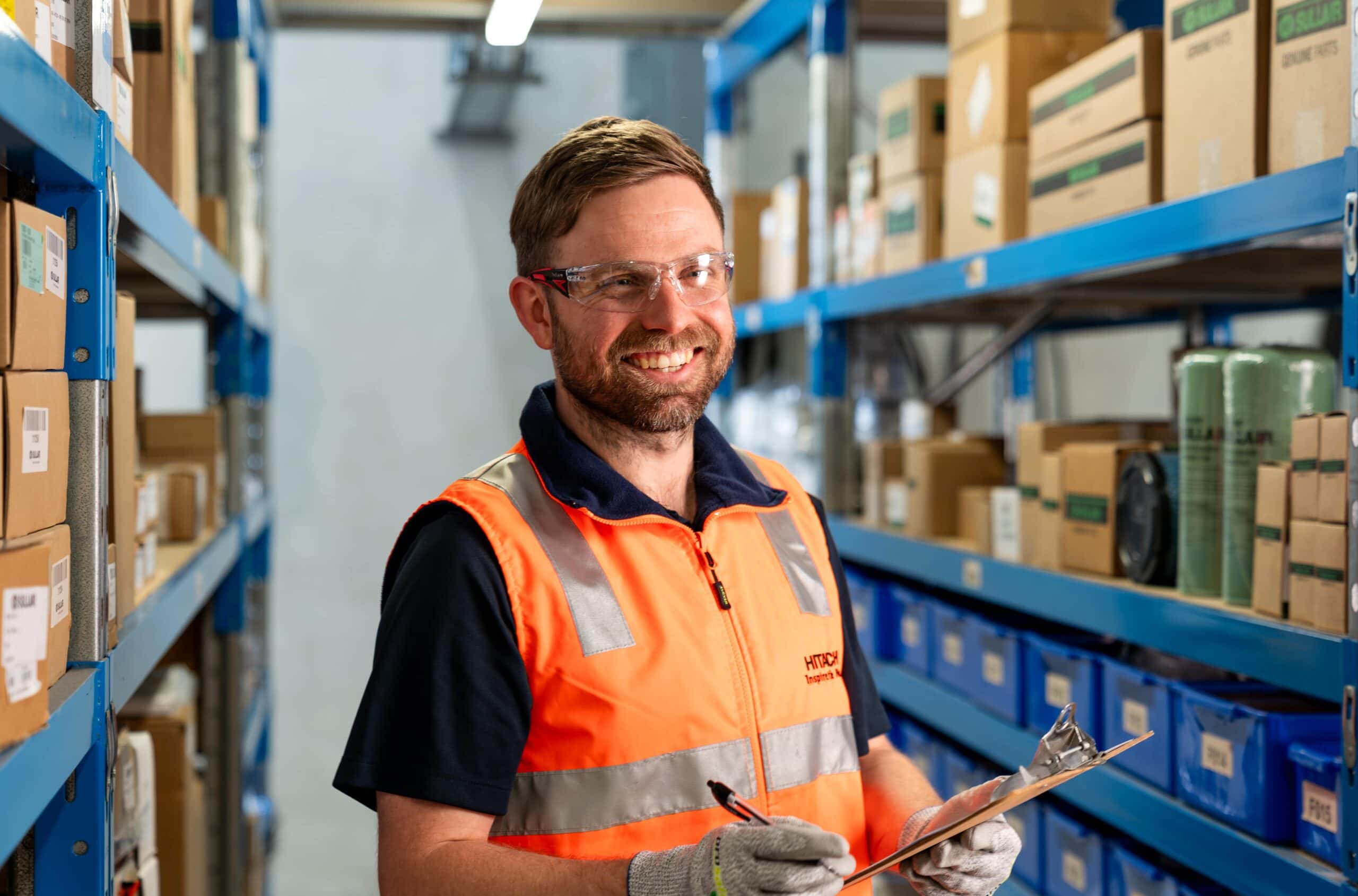
Contact Us
We’re Here to Help
Speak to the team about your servicing and parts needs.

